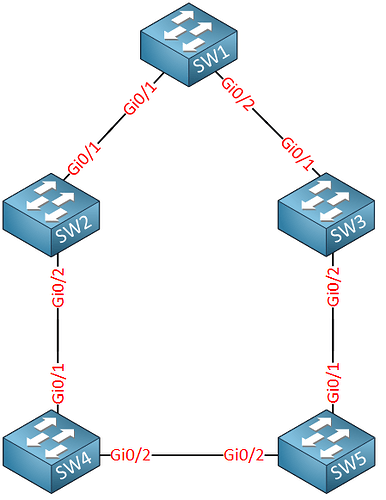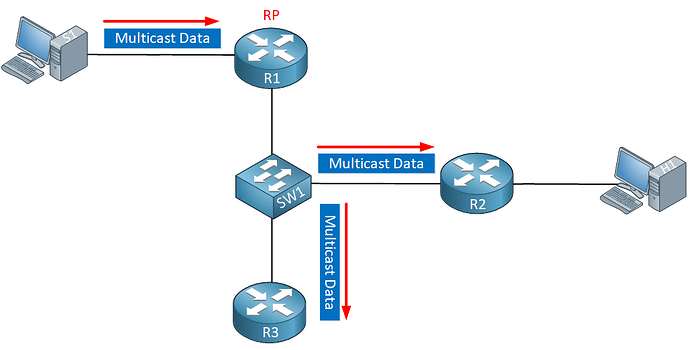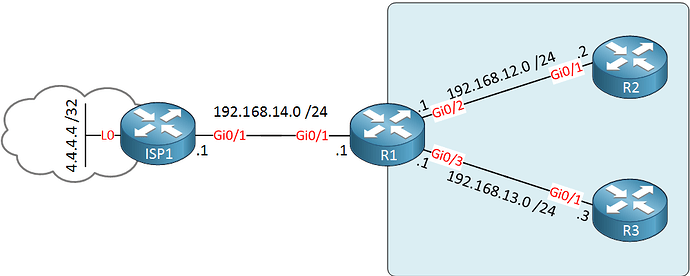Hi Laz,
Thank you for this reply. As you said, I am trying to give you little more insight about the position I applied for ,
TECHNICAL CONSULTING ENGINEER.CUSTOMER DELIVERY
Minimum Qualifications
Who you are
Requires BE/BTech degree with 10+ years of related experience in IT industry.
Customer Support/Managed Services Experience (7+ years).
Excellent TCP/ IP networking skills
In depth understanding & knowledge of various switching protocols. E.g. STP, PVSTP, MSTP, LLDP etc.
In depth understanding & working knowledge on various Cisco IOS, IOS-XR & IOX-XE
Experience with MPLS technology including L2/L3 VPN and traffic engineering
Troubleshooting various MPLS & its application related issues. e.g. VPLS/MPLS-TE etc.
Experience with Configuring and troubleshooting Cisco routers and switchesExperience on Cisco ASR9k, ASR1k & Nexus 5k/7k series platform
Experience with routing protocols (OSPF, RIP, EIGRP, ISIS and BGP)
Solid Communication Skills (Written/Verbal/Presentation)
Solid standout colleague
Flexibility in working hours as some migrations will require weekend and after hours’ work.
Ability to grasp sophisticated design concepts quickly and be able to provide the right solutions to the clients.
Ability to solve implementation problems during migrations.
Good leadership skills
Experience in Change, Service Request and Problem Management functions.
Roles & Responsibilities
Analyze, configure and fix large sophisticated networks with mixed media and protocols.
Effectively build and utilize sophisticated lab setups to duplicate and solve problems, validate planned changes to software and hardware design.
Provide remote troubleshooting support to resolve UC related issues
Develop and maintain strong relationship with customer and other Cisco teams.
Build relationship with partners to understand in a better way their networks to provide quicker and more effective results to their requests.
Establish Technical Relationship to support customer network operations.
Possess detailed knowledge of customer network, critical sites, operating procedures as agreed upon with customer
Customer-specific designated support at network level to resolve and debug sophisticated networking problems
Customer concern support for critical network outages and sophisticated network issues.
Proactively monitor and review the progress of all customer cases and engage as vital.
Respond to network management system alarms according to established processes
Priority support for identified key customer functionalities and critical issues
Effectively work with multi-functional teams to resolve major customer issues.
Drive for continuous learning, results orientation and teamwork.
Desired Skills
Managed services background preferred.
CCNP or CCIE R&S/SP desired.
Python knowledge desired.
Fluency in soundness disciplines (availability, security, etc.) and operational disciplines (systems management, change management, etc.).
Consistent record in an industry or horizontal solution area.
Technically strong to solve problems with innovative ideas. Assume complete ownership with regards to the engagement with client and partners.
Thanks
Manami



